Global North Team
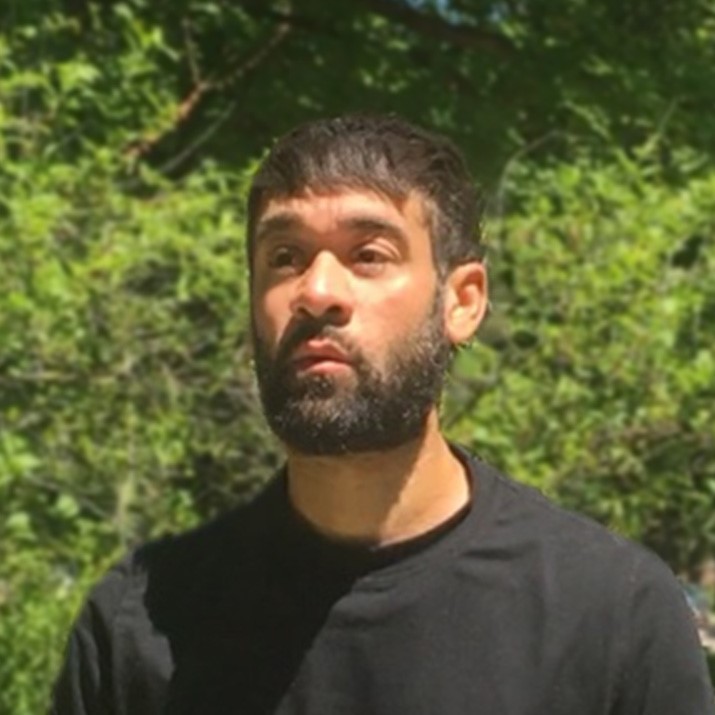 Aaron Gregory is the Editor for 4S Backchannels (Global North), and a postdoctoral researcher with the Department of Society, Environment, and Health Equity (SEHE) at UC Riverside. Dr. Gregory's research is situated at the nexus of Science & Technology Studies (STS), History of Science (HOS) and Political Ecology. He is an avid mountain trail runner and backcountry skier, and a critically engaged member of the global 4S community.
Aaron Gregory is the Editor for 4S Backchannels (Global North), and a postdoctoral researcher with the Department of Society, Environment, and Health Equity (SEHE) at UC Riverside. Dr. Gregory's research is situated at the nexus of Science & Technology Studies (STS), History of Science (HOS) and Political Ecology. He is an avid mountain trail runner and backcountry skier, and a critically engaged member of the global 4S community.
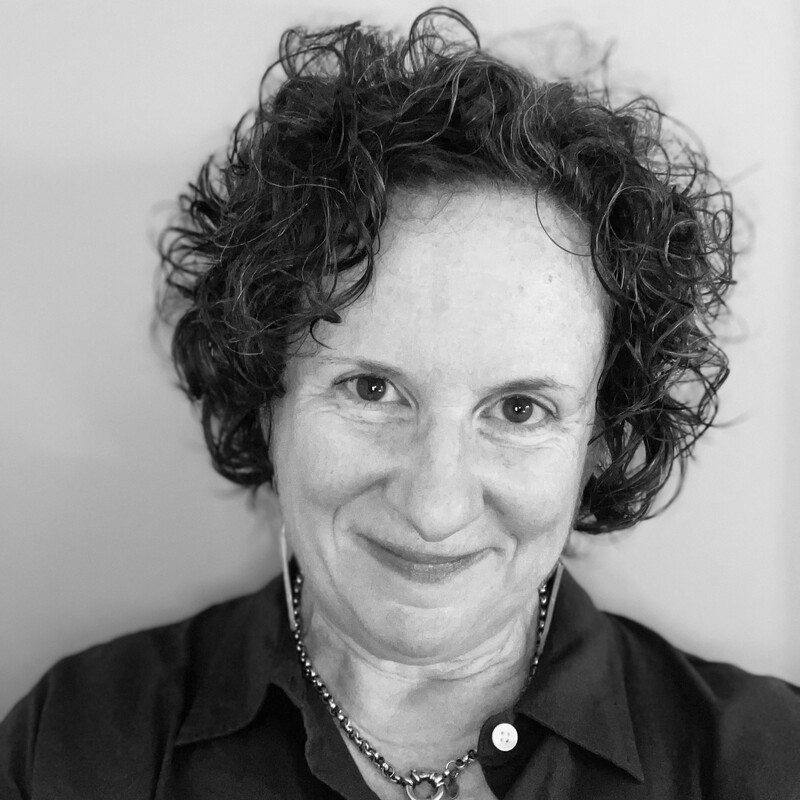 Christine Haskell, Ph.D., is an Assistant Editor for 4S Backchannels (Global North) and a Seattle-based scholar-practitioner working at the intersection of STS, AI governance, data ethics, and leadership. She founded Dative.works, a research and advisory practice that examines how AI systems, data infrastructures, and governance regimes shape institutional memory, accountability, and values drift. Her current work on AI anomia and epistemic stewardship traces how terms, metrics, and interfaces reorganize power in organizations. Christine is the author of Driving Data Projects and Driving Your Self-Discovery and writes the newsletter Lead With Alignment on leading in AI-intensive environments. She also teaches in EMBA programs and serves as a guest editor for leadership journals.
Christine Haskell, Ph.D., is an Assistant Editor for 4S Backchannels (Global North) and a Seattle-based scholar-practitioner working at the intersection of STS, AI governance, data ethics, and leadership. She founded Dative.works, a research and advisory practice that examines how AI systems, data infrastructures, and governance regimes shape institutional memory, accountability, and values drift. Her current work on AI anomia and epistemic stewardship traces how terms, metrics, and interfaces reorganize power in organizations. Christine is the author of Driving Data Projects and Driving Your Self-Discovery and writes the newsletter Lead With Alignment on leading in AI-intensive environments. She also teaches in EMBA programs and serves as a guest editor for leadership journals.
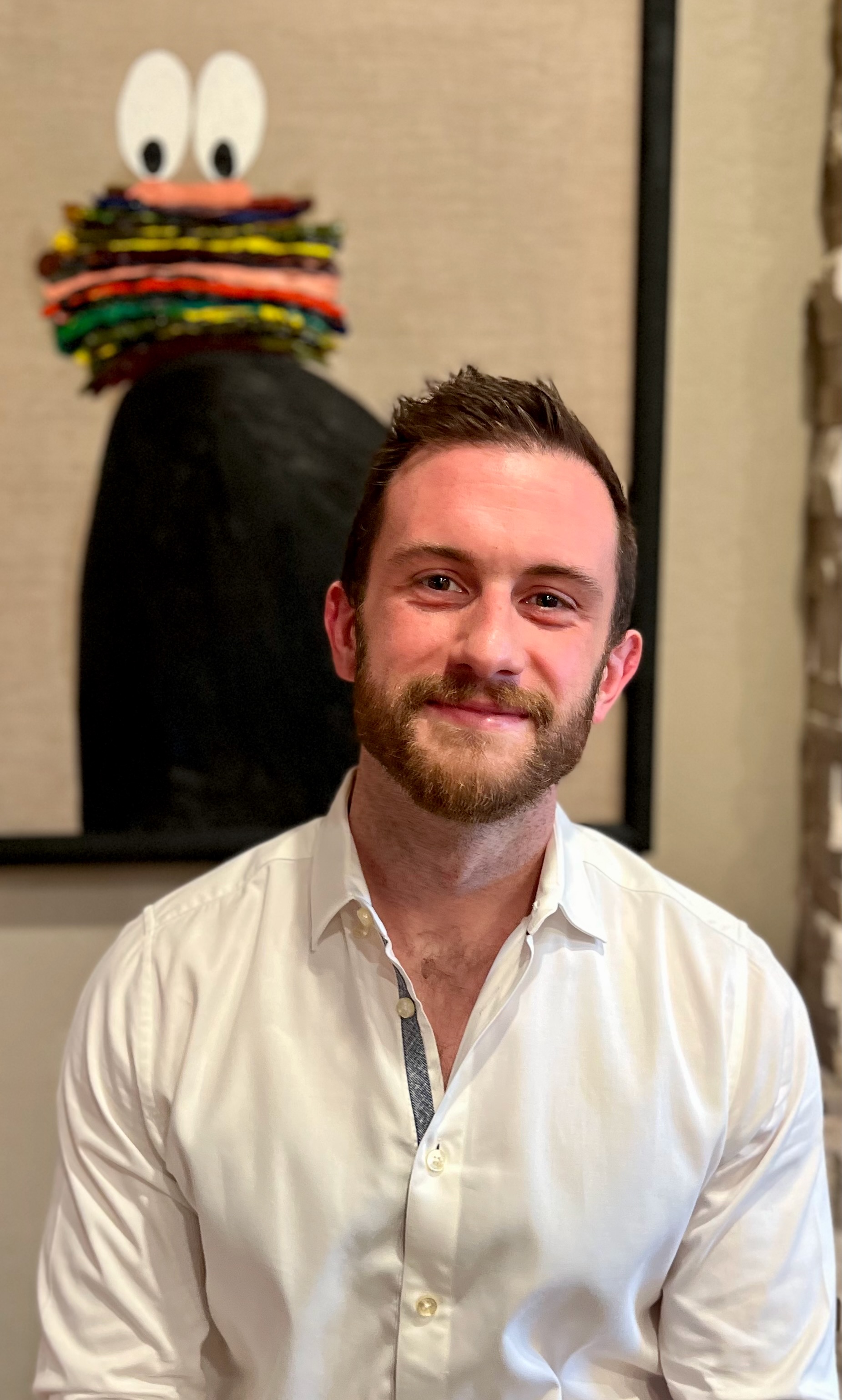
Richard Fadok is a postdoctoral fellow in the Humanities Center at the University of Rochester. Richard is an anthropologist of design and multispecies ethnographer whose research explores how the built environment mediates human-nonhuman relations. He is currently working on two book projects, one on biomimicry and another on habitecture, or architecture for animals. His writing has appeared, or will soon appear, in The Journal of the Royal Anthropological Institute, Domus, Noema, Platypus, Teaching and Learning Anthropology, and the edited volume Nature Remade. Between 2022 and 2023, he was a postdoctoral fellow at the Wolf Humanities Center at the University of Pennsylvania. Richard received a PhD in History, Anthropology, and Science, Technology, and Society (HASTS) from the Massachusetts Institute of Technology (2021); an MSc in Biomedicine, Bioscience, and Society from the London School of Economics (2012); and a BS in neuroscience and STS from Brown University (2011).
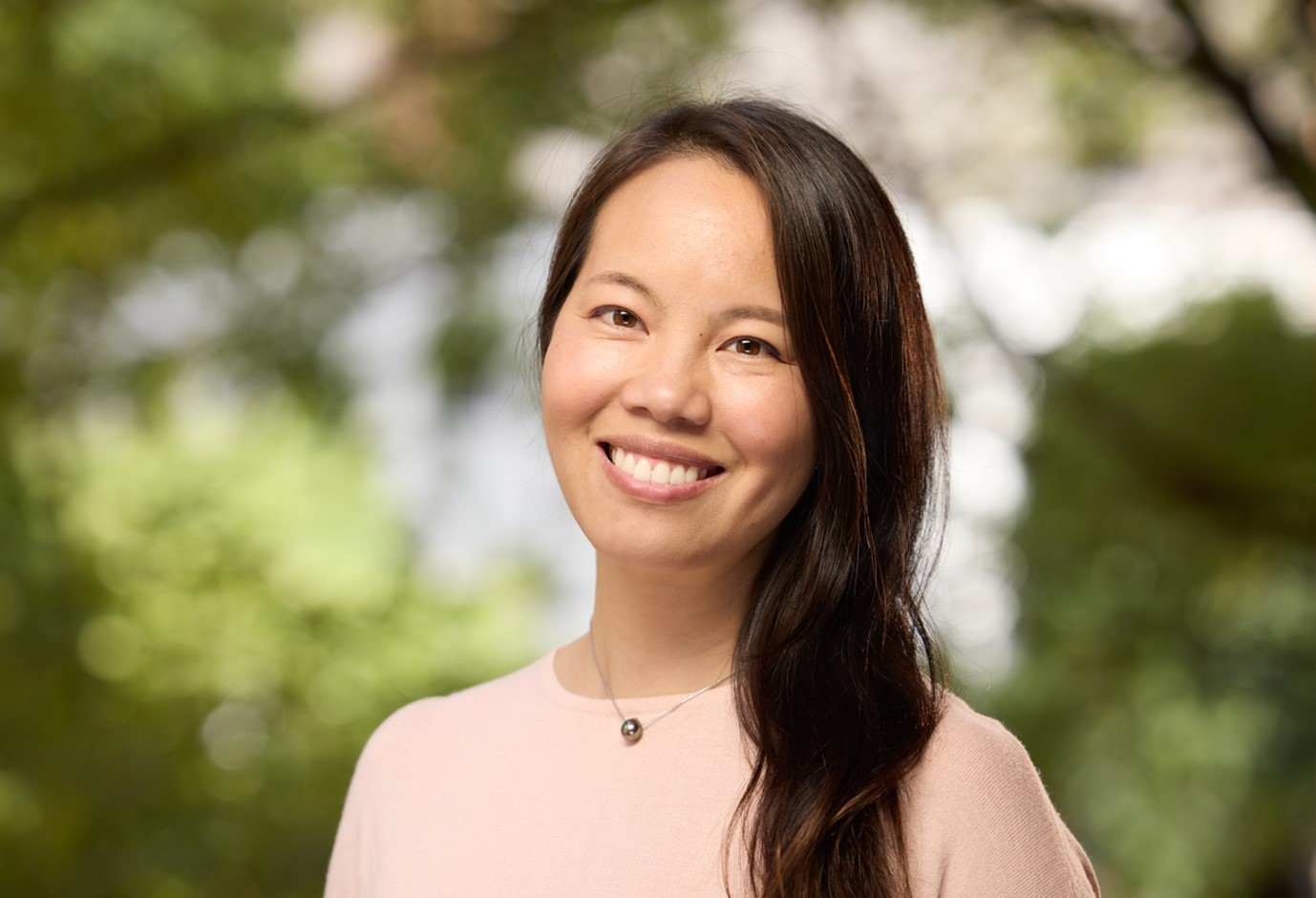 Vivian Giang is a researcher, educator and communicator, and a National Geographic Explorer passionate about engaging with people and communities. She is an assistant professor of communications for the Faculty of Fine Arts & Communications at MacEwan University in Edmonton, Canada, and is pursuing interdisciplinary doctoral studies in anthropology and engineering through the University of Alberta’s Future Energy Systems research initiative. Her doctoral research aims to inform and develop equitable community engagement processes and communication frameworks for approaching renewable energy development responsibly and sustainably while respecting Indigenous rights. Her studies have been supported by Canada Graduate Scholarships from the Social Sciences and Humanities Research Council, and she completed her Fulbright Scholarship at the University of Hawai‘i at Mānoa. Vivian's involvement with the National Geographic Society includes funded projects “New approaches to communities, communication and consultation on geothermal energy development on Indigenous lands” (2022) and “The Red Road to Black Hills” (2025). She also participated in the Explorer–Educator Exchange program in 2024 to develop learning solutions for elementary-aged youth to explore their relationship with water and how water contributes to quality of life. Through encouraging herself and others to explore through research, education and storytelling, Vivian aims to increase the interconnections between people, human histories and cultures and the natural world.
Vivian Giang is a researcher, educator and communicator, and a National Geographic Explorer passionate about engaging with people and communities. She is an assistant professor of communications for the Faculty of Fine Arts & Communications at MacEwan University in Edmonton, Canada, and is pursuing interdisciplinary doctoral studies in anthropology and engineering through the University of Alberta’s Future Energy Systems research initiative. Her doctoral research aims to inform and develop equitable community engagement processes and communication frameworks for approaching renewable energy development responsibly and sustainably while respecting Indigenous rights. Her studies have been supported by Canada Graduate Scholarships from the Social Sciences and Humanities Research Council, and she completed her Fulbright Scholarship at the University of Hawai‘i at Mānoa. Vivian's involvement with the National Geographic Society includes funded projects “New approaches to communities, communication and consultation on geothermal energy development on Indigenous lands” (2022) and “The Red Road to Black Hills” (2025). She also participated in the Explorer–Educator Exchange program in 2024 to develop learning solutions for elementary-aged youth to explore their relationship with water and how water contributes to quality of life. Through encouraging herself and others to explore through research, education and storytelling, Vivian aims to increase the interconnections between people, human histories and cultures and the natural world.
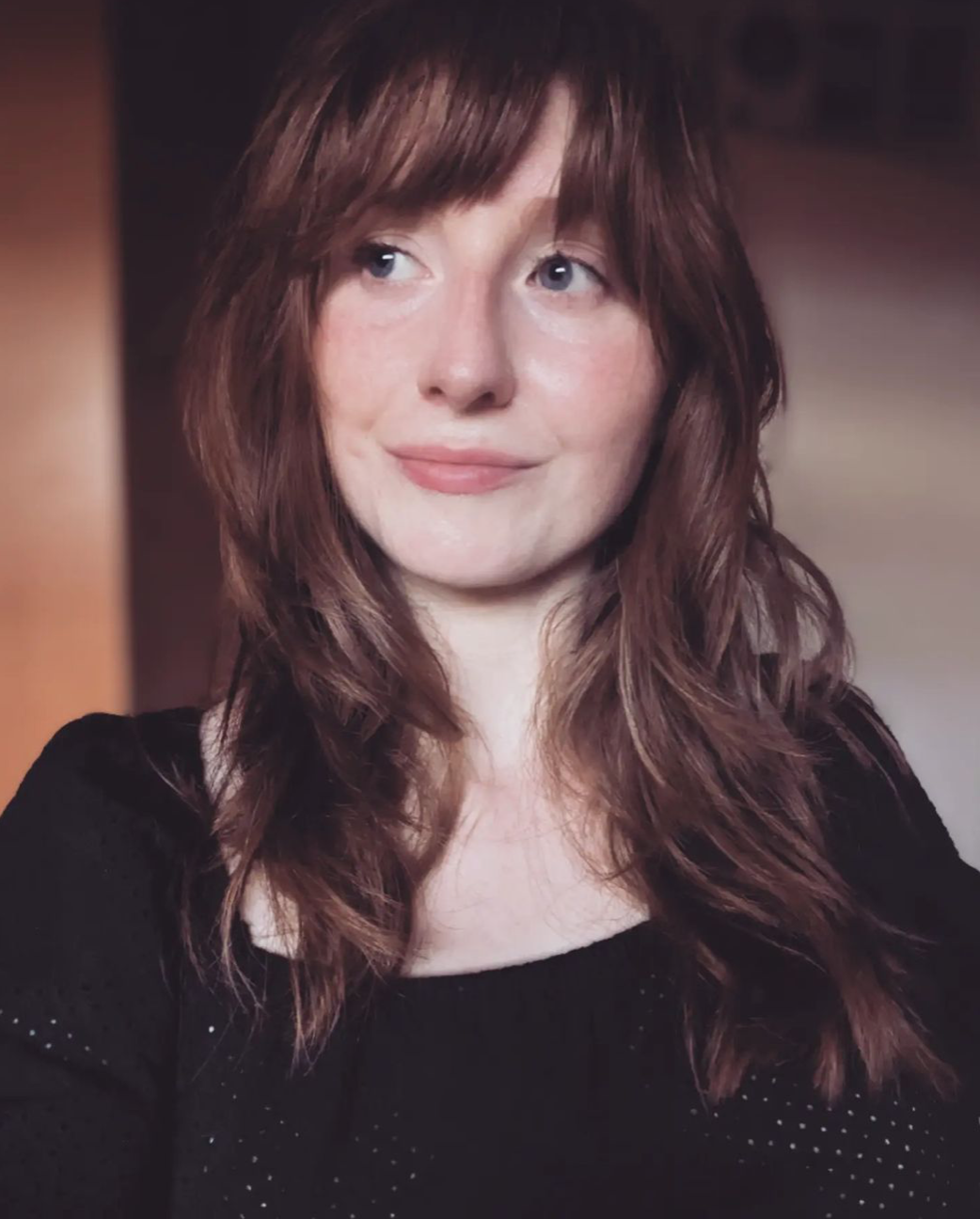 Catriona (Cat) Gray is a final year doctoral candidate at the University of Bath’s CDT in Accountable, Responsible and Transparent AI. She works across sociology, politics, and law to examine the adoption and regulation of (data-dependent) AI technologies. Cat’s research interests encompass themes including: knowledge production and exchange in AI; regulatory governance; the concept of risk; and AI in mobility, displacement and humanitarian governance. Much of her work draws heavily on social theory, including emancipatory and critical realist approaches. She holds degrees in law, sociology, and forced migration studies, and has professional experience in digital rights advocacy and policymaking.
Catriona (Cat) Gray is a final year doctoral candidate at the University of Bath’s CDT in Accountable, Responsible and Transparent AI. She works across sociology, politics, and law to examine the adoption and regulation of (data-dependent) AI technologies. Cat’s research interests encompass themes including: knowledge production and exchange in AI; regulatory governance; the concept of risk; and AI in mobility, displacement and humanitarian governance. Much of her work draws heavily on social theory, including emancipatory and critical realist approaches. She holds degrees in law, sociology, and forced migration studies, and has professional experience in digital rights advocacy and policymaking.
Gina Hakim is a Postdoctoral Scholar in the Anthropology Department at the University of Southern California. Her doctoral research focused on environmental governance and infrastructure innovation, examining the partnerships established between a community in rural Michoacán, Mexico and former residents who migrated to Los Angeles, California to secure and steward potable water infrastructures. Currently, she is working on a participatory-designed project that shares and builds on the ethnographic data that supported her dissertation research, utilizing the Platform for Experimental Collaborative Ethnography (PECE). Additionally, Gina is a member of the EcoGovLab centered at UC Irvine, which aims to bring a social science perspective into interdisciplinary environmental research and education and to build durable, reciprocal relationships with environmental advocacy organizations.
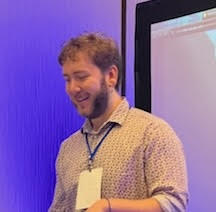 Bri Matusovsky is a final-year doctoral candidate at the UC San Francisco - UC Berkeley joint program in Medical Anthropology. They are a sociocultural and medical anthropologist who investigates how the afterlives of colonial experimentation in the Caribbean shape contemporary culture and science in laboratories, agriculture, and environmental interventions. Their interests include pestilence and invasive primates, sexuality and gender, hauntings, poetry, consent, human-animal entanglements, and race. They are currently giving significant thought to the obligations of scientists, medical practitioners, and researchers towards marginalized individuals, animals, and environments.
Bri Matusovsky is a final-year doctoral candidate at the UC San Francisco - UC Berkeley joint program in Medical Anthropology. They are a sociocultural and medical anthropologist who investigates how the afterlives of colonial experimentation in the Caribbean shape contemporary culture and science in laboratories, agriculture, and environmental interventions. Their interests include pestilence and invasive primates, sexuality and gender, hauntings, poetry, consent, human-animal entanglements, and race. They are currently giving significant thought to the obligations of scientists, medical practitioners, and researchers towards marginalized individuals, animals, and environments.
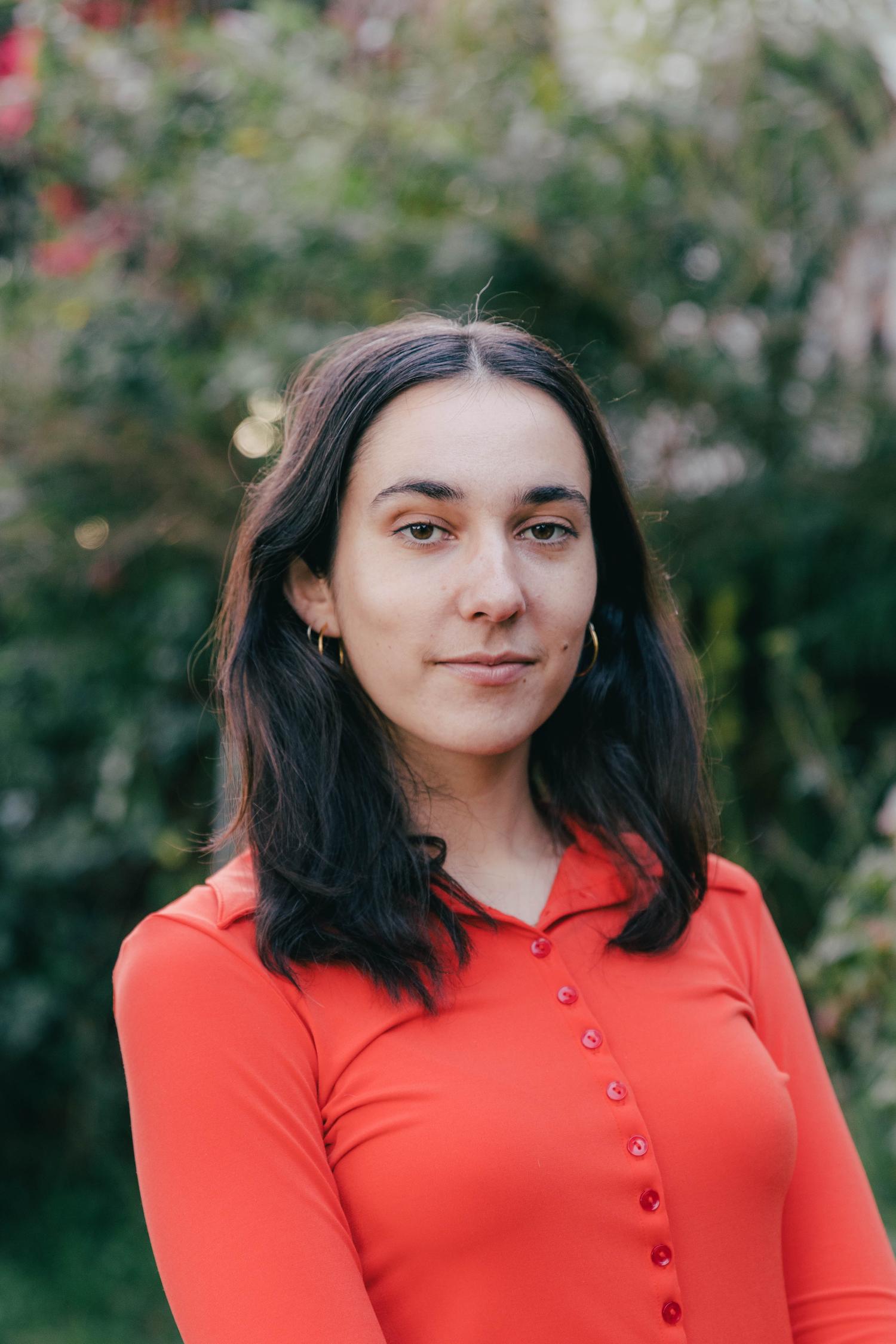 Mardi Reardon-Smith is a postdoctoral researcher with the ARC Centre of Excellence for Automated Decision-Making and Society (ADM+S) at Monash University. Her research sits within environmental anthropology and science and technology studies (STS) and investigates the social dimensions of environmental management in intercultural and settler-colonial contexts. Dr Reardon-Smith has published on topics including the joint management of protected areas, the co-creation of environmental knowledges, and human relationships to invasive species and their control. Her forthcoming book, entitled Making Do: Conservation Ethics and Ecological Care in Australia is due for release in October 2025.
Mardi Reardon-Smith is a postdoctoral researcher with the ARC Centre of Excellence for Automated Decision-Making and Society (ADM+S) at Monash University. Her research sits within environmental anthropology and science and technology studies (STS) and investigates the social dimensions of environmental management in intercultural and settler-colonial contexts. Dr Reardon-Smith has published on topics including the joint management of protected areas, the co-creation of environmental knowledges, and human relationships to invasive species and their control. Her forthcoming book, entitled Making Do: Conservation Ethics and Ecological Care in Australia is due for release in October 2025.
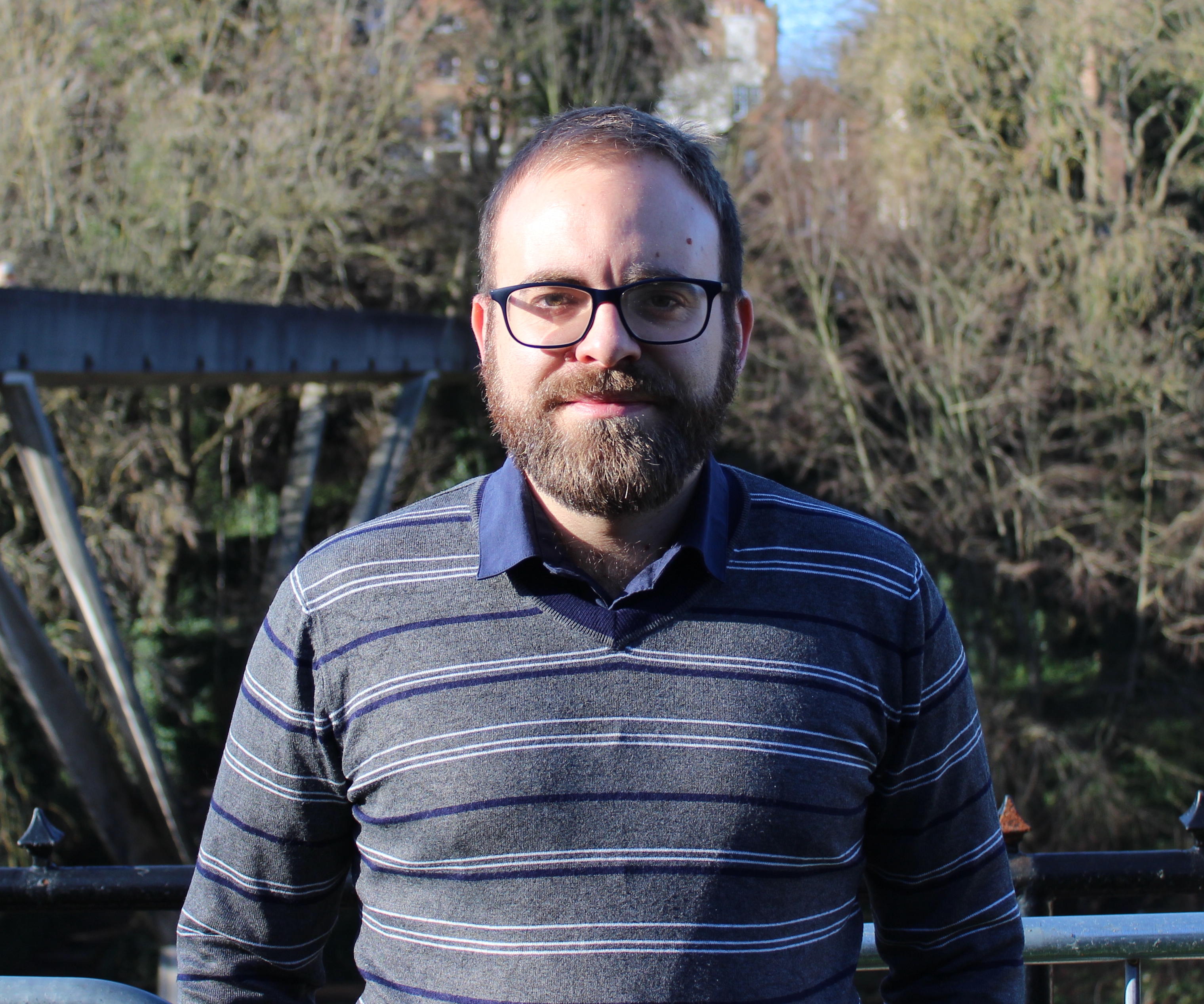 Ludovico Rella is a Postdoctoral Research Associate in Geography at Durham University, in the ERC research project Algorithmic Societies. His PhD focused on cross-border payments and blockchain technologies. He currently studies the infrastructural materiality of AI, and AI for economic policy making. He published in the Journal of Cultural Economy, Political Geography, and Big Data & Society, and authored chapters in books published by Elsevier, Springer, and Manchester University Press.
Ludovico Rella is a Postdoctoral Research Associate in Geography at Durham University, in the ERC research project Algorithmic Societies. His PhD focused on cross-border payments and blockchain technologies. He currently studies the infrastructural materiality of AI, and AI for economic policy making. He published in the Journal of Cultural Economy, Political Geography, and Big Data & Society, and authored chapters in books published by Elsevier, Springer, and Manchester University Press.
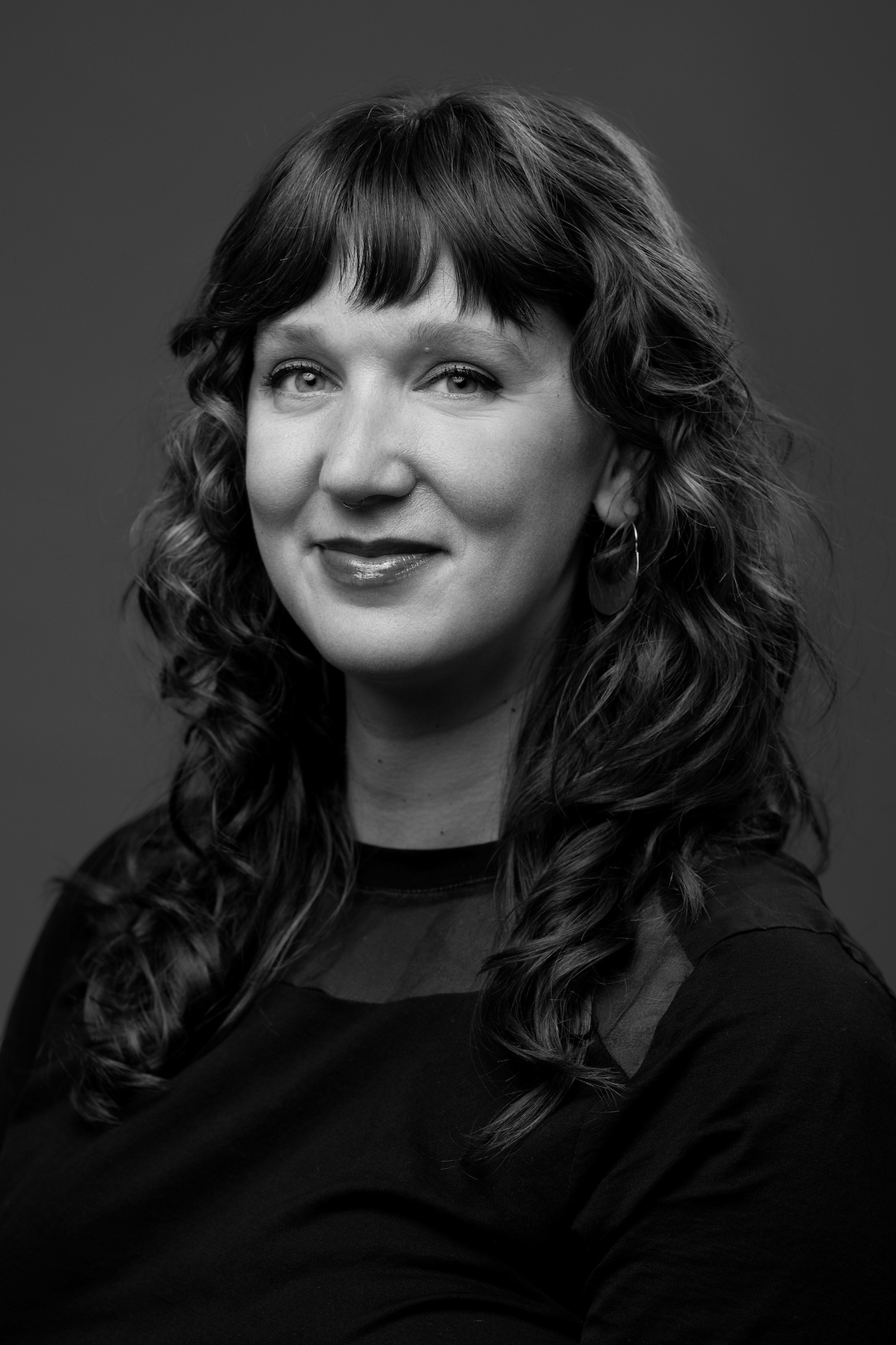 Ashton Wesner is an Assistant Professor of Science, Technology, and Society at Colby College. Her work intersects the fields of queer feminist science and technology studies, political ecology, critical environmental history, and Native American and Indigenous Studies. Her recent publications can be found in The American Naturalist, on the history of coloniality, data, and power in the natural sciences, and in Women’s Studies, on researchers’ gendered slippages in their investigation of jumping spider mating behavior and the possibilities for queer STS frameworks to disrupt heteropatriarchy in the scientific study of animals. Ashton is a collaborator (with Meg Perret) on Queer Climate Futures, a digital archive of oral history interviews with climate justice activists. She also co-chairs the Critical Indigenous Studies Initiative and the Environmental Humanities Faculty Forum at Colby. Ashton completed her Ph.D. in Society & Environment at UC Berkeley (2019) and is a birder.
Ashton Wesner is an Assistant Professor of Science, Technology, and Society at Colby College. Her work intersects the fields of queer feminist science and technology studies, political ecology, critical environmental history, and Native American and Indigenous Studies. Her recent publications can be found in The American Naturalist, on the history of coloniality, data, and power in the natural sciences, and in Women’s Studies, on researchers’ gendered slippages in their investigation of jumping spider mating behavior and the possibilities for queer STS frameworks to disrupt heteropatriarchy in the scientific study of animals. Ashton is a collaborator (with Meg Perret) on Queer Climate Futures, a digital archive of oral history interviews with climate justice activists. She also co-chairs the Critical Indigenous Studies Initiative and the Environmental Humanities Faculty Forum at Colby. Ashton completed her Ph.D. in Society & Environment at UC Berkeley (2019) and is a birder.
Global South Team
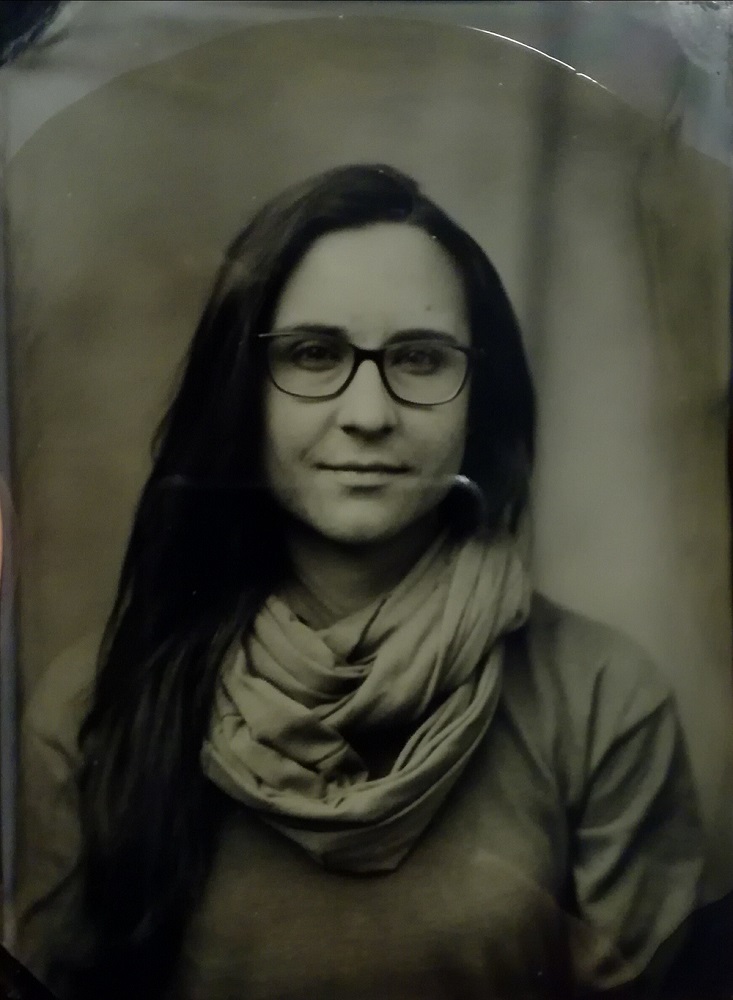 Michaela Clark is a PhD candidate and President Doctoral Award holder at the Centre for the History of Science, Technology and Medicine at the University of Manchester (UK). Her doctoral research takes a Material Culture Studies approach to address the history and politics of medical representation as this pertains to clinical photography in twentieth-century Cape Town, South Africa. Drawing on a variety of knowledge fields, this work traces institutional histories, technological developments, socio-political shifts, professional personas, and the networked nature of visual media in the settler-colonial Cape. During her academic career she has attended workshops, summer schools, and conferences in South Africa, the UK, the USA, Switzerland, Belgium, India, and the Netherlands spanning the research fields of HSTM, art history, design, museums, the health sciences, history of photography, architecture, cultural studies, and archives. She is a long-standing collaborator with the University of Cape Town’s Pathology Learning Centre and she currently serves as a member of the advisory board of the Cape Medical Museum in Cape Town. She has served as a key member of the VirtualHSTM Histories of the Body working group, a key participant in the Ethics and/in the History of Medicine and the Human Sciences (CHSTM), and is now a core contributor to the soon-to-be launched Ethics of Medical Photography Network funded by the Arts and Humanities Research Council (AHRC). Her work experience in higher education includes undergraduate and graduate teaching (as a tutor, contract lecturer, and supervisor) as well as administration (as seminar convenor, course coordinator, and learning designer).
Michaela Clark is a PhD candidate and President Doctoral Award holder at the Centre for the History of Science, Technology and Medicine at the University of Manchester (UK). Her doctoral research takes a Material Culture Studies approach to address the history and politics of medical representation as this pertains to clinical photography in twentieth-century Cape Town, South Africa. Drawing on a variety of knowledge fields, this work traces institutional histories, technological developments, socio-political shifts, professional personas, and the networked nature of visual media in the settler-colonial Cape. During her academic career she has attended workshops, summer schools, and conferences in South Africa, the UK, the USA, Switzerland, Belgium, India, and the Netherlands spanning the research fields of HSTM, art history, design, museums, the health sciences, history of photography, architecture, cultural studies, and archives. She is a long-standing collaborator with the University of Cape Town’s Pathology Learning Centre and she currently serves as a member of the advisory board of the Cape Medical Museum in Cape Town. She has served as a key member of the VirtualHSTM Histories of the Body working group, a key participant in the Ethics and/in the History of Medicine and the Human Sciences (CHSTM), and is now a core contributor to the soon-to-be launched Ethics of Medical Photography Network funded by the Arts and Humanities Research Council (AHRC). Her work experience in higher education includes undergraduate and graduate teaching (as a tutor, contract lecturer, and supervisor) as well as administration (as seminar convenor, course coordinator, and learning designer).
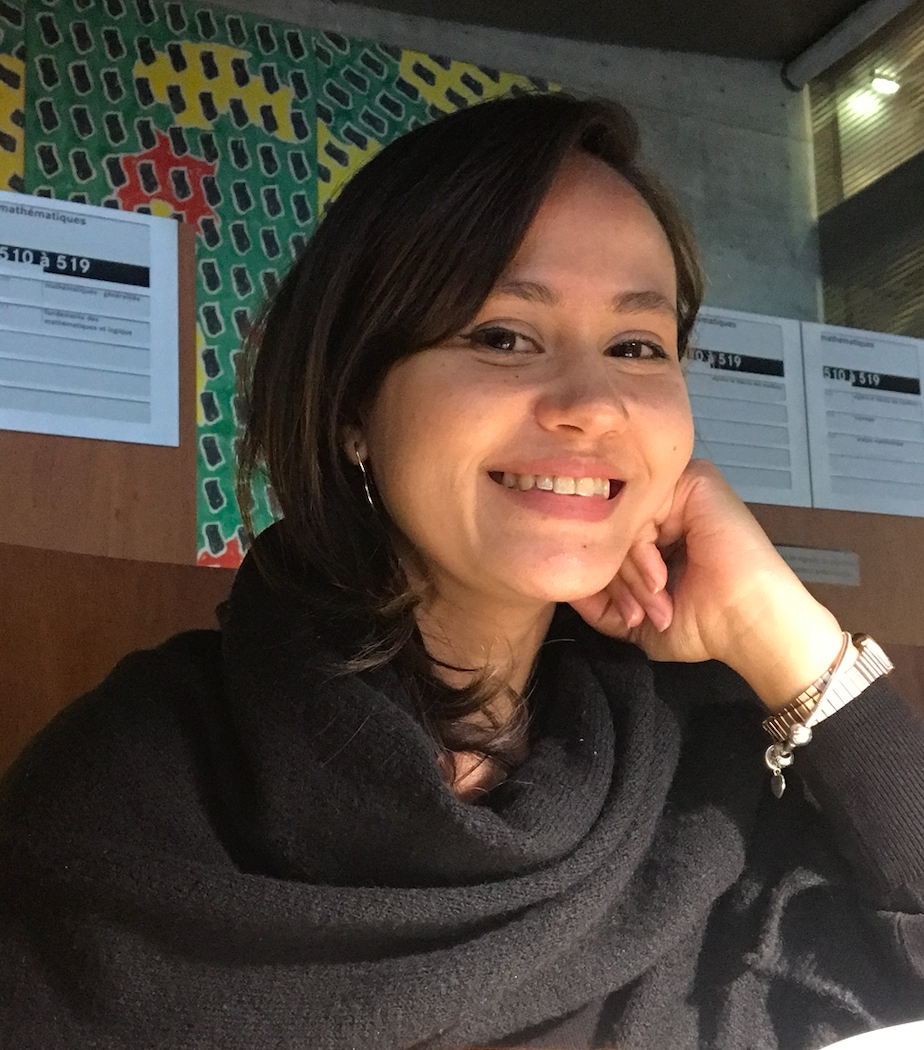 Mariana Pitta Lima (Backchannels Coordinator, 2026) is a postdoctoral fellow at the Center for Integration of Data and Knowledge for Health (CIDACS), in Salvador, Brazil. She holds a PhD and a M.A. in Public Health from the Federal University of Bahia, Brazil. Her dissertation addressed reproductive technologies related to obstetric care in a Brazilian maternity hospital, including the analysis of the hospital itself, where this health care is provided, as a gendered technology from a feminist STS perspective. She was granted a scholarship to pursue a research internship at the École des Hautes Études en Sciences Sociales, Paris, France (2018-2019). Her research currently focuses on social aspects related to the production of research and health data during the Zika epidemic in Brazil. In addition, her main research interests include STS and Health, Feminist STS, Digital Health, STS in Latin America, and Health Data, Society, and Epidemics.
Mariana Pitta Lima (Backchannels Coordinator, 2026) is a postdoctoral fellow at the Center for Integration of Data and Knowledge for Health (CIDACS), in Salvador, Brazil. She holds a PhD and a M.A. in Public Health from the Federal University of Bahia, Brazil. Her dissertation addressed reproductive technologies related to obstetric care in a Brazilian maternity hospital, including the analysis of the hospital itself, where this health care is provided, as a gendered technology from a feminist STS perspective. She was granted a scholarship to pursue a research internship at the École des Hautes Études en Sciences Sociales, Paris, France (2018-2019). Her research currently focuses on social aspects related to the production of research and health data during the Zika epidemic in Brazil. In addition, her main research interests include STS and Health, Feminist STS, Digital Health, STS in Latin America, and Health Data, Society, and Epidemics.
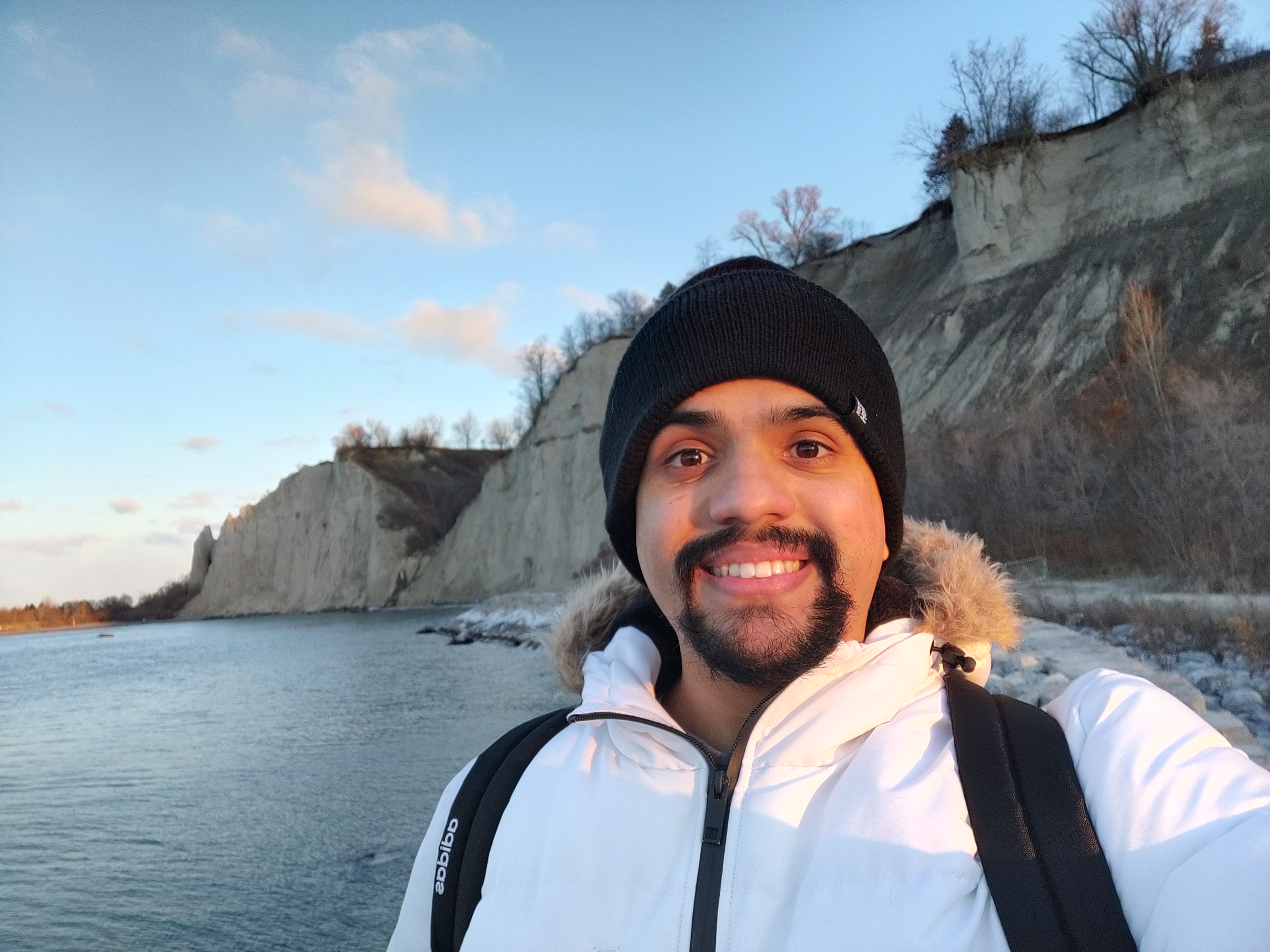 Guilherme Cavalcante Silva is a PhD Student at the Graduate Program in Science and Technology Studies at York University, Canada. His doctoral research involves how notions of development, underdevelopment, and dependency circulate and are constituted within AI policy and AI research in Brazil. His current interests involve topics such as artificial intelligence, knowledge production, sociology of expectations, and science policy in the Global South. He is currently an Assistant Editor for 4S Backchannels (Global South team). With a background in Journalism and science communication, Guilherme worked as a science journalist as part of the FAPESP José Reis Program for the Encouragement of Scientific Journalism (MídiaCiência) at the Department of Science and Technology Policy, State University of Campinas. He also earned a MA in Science Communication from the same university and a BA in Journalism from Brazil Adventist University.
Guilherme Cavalcante Silva is a PhD Student at the Graduate Program in Science and Technology Studies at York University, Canada. His doctoral research involves how notions of development, underdevelopment, and dependency circulate and are constituted within AI policy and AI research in Brazil. His current interests involve topics such as artificial intelligence, knowledge production, sociology of expectations, and science policy in the Global South. He is currently an Assistant Editor for 4S Backchannels (Global South team). With a background in Journalism and science communication, Guilherme worked as a science journalist as part of the FAPESP José Reis Program for the Encouragement of Scientific Journalism (MídiaCiência) at the Department of Science and Technology Policy, State University of Campinas. He also earned a MA in Science Communication from the same university and a BA in Journalism from Brazil Adventist University.
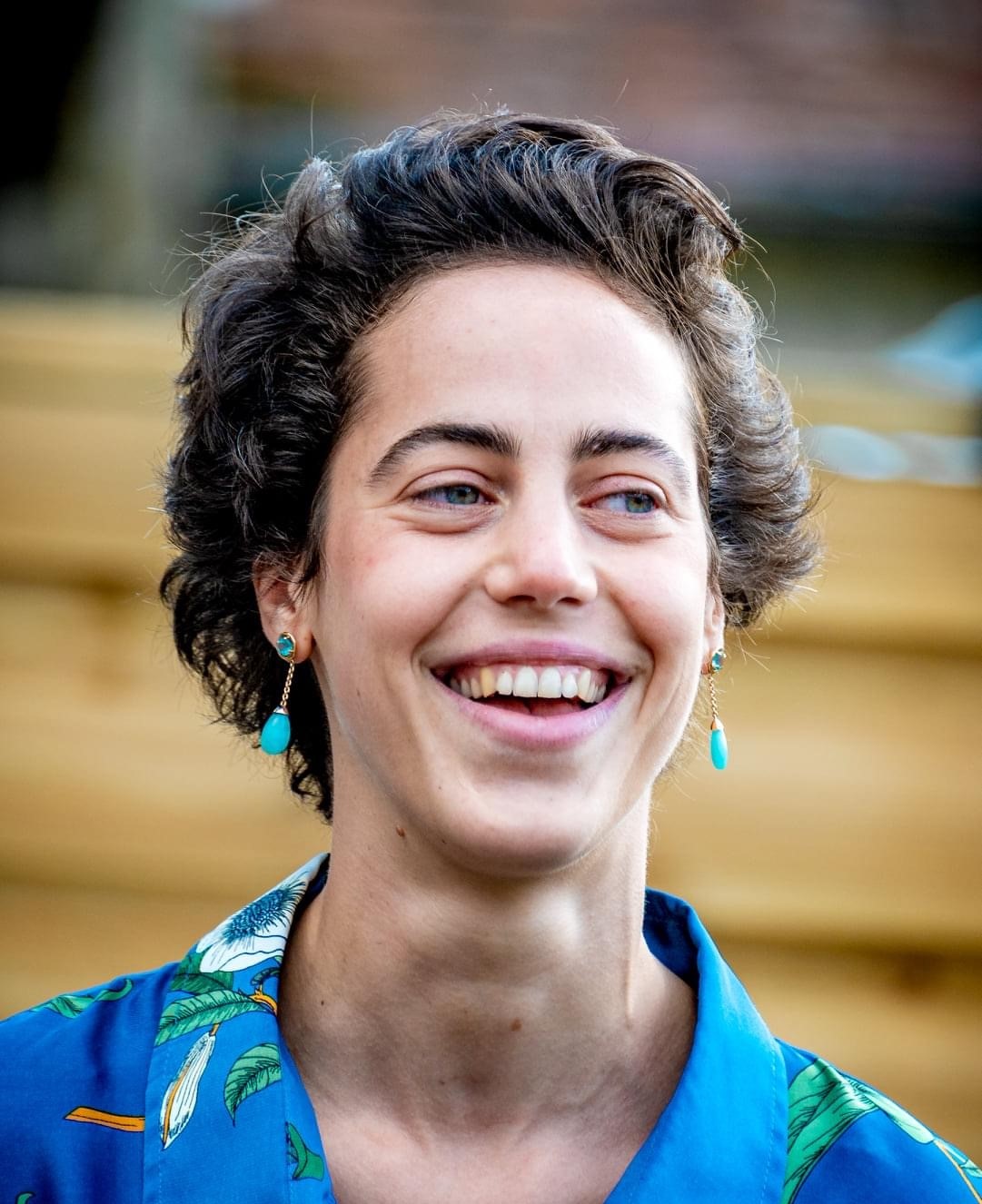 Auriane van der Vaeren is currently a research assistant at the Center for Science, Technology, and Society at Chulalongkorn University, Bangkok, Thailand. Having first studied chemistry but gaining more self-knowledge and having interests gradually pivoting toward a more-than-purely atomistic and Manichean apprehension of the world she eventually switched to STS. Forever wondering why and how anyone or anything has precedence in ascribing Truth, she wrote her STS thesis dissertation about political deepfakes. Faithful to that query and adopting a more social epistemological twist, her research interests today gravitate around how technology reshapes our relation to information and our sense of sociality.
Auriane van der Vaeren is currently a research assistant at the Center for Science, Technology, and Society at Chulalongkorn University, Bangkok, Thailand. Having first studied chemistry but gaining more self-knowledge and having interests gradually pivoting toward a more-than-purely atomistic and Manichean apprehension of the world she eventually switched to STS. Forever wondering why and how anyone or anything has precedence in ascribing Truth, she wrote her STS thesis dissertation about political deepfakes. Faithful to that query and adopting a more social epistemological twist, her research interests today gravitate around how technology reshapes our relation to information and our sense of sociality.














